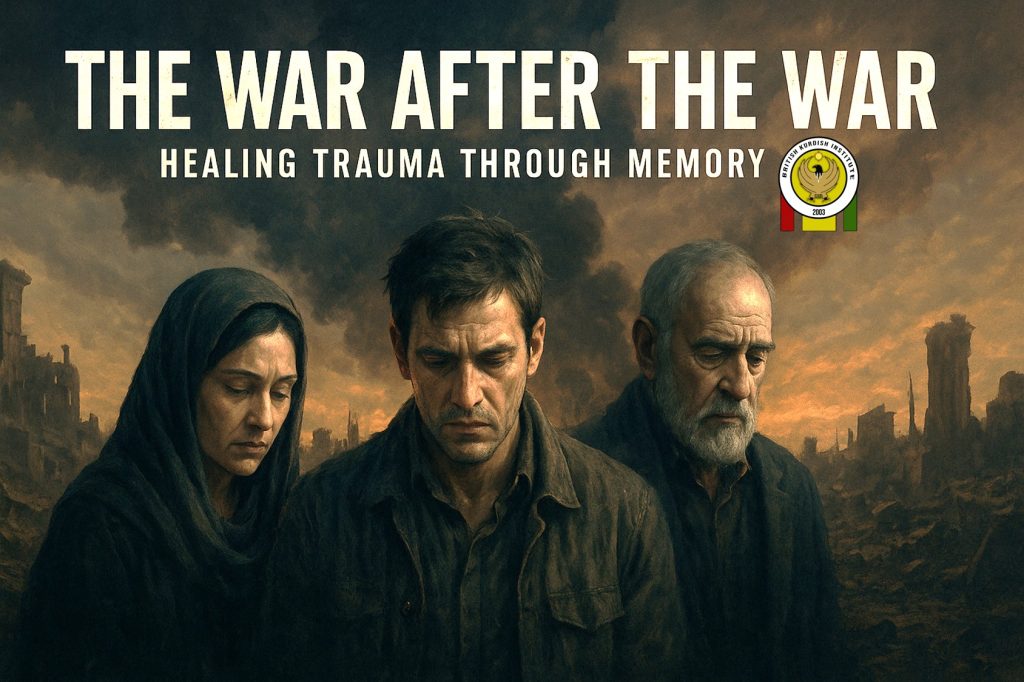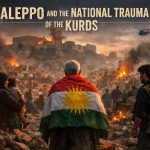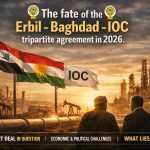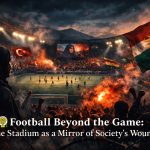Trauma Does Not End When the War Ends
A war does not finish with the last shot. Silence after conflict is never truly silent—it echoes in the minds and bodies of survivors. The real battle begins when the noise fades: in restless dreams, in trembling hands, in fragile families, and in the shadows of collective memory. War, displacement, and persecution leave behind more than ruins. They leave invisible scars—etched into memory, nerves, and even bloodlines. Unless we face this pain, today’s trauma becomes tomorrow’s fear.
Healing Is Possible
And yet, humanity is not powerless. Healing can happen. We are not condemned to repeat cycles of violence and despair. Through understanding and transformation, we can break free from inherited wounds.
Personal Testimony of Generational Trauma
My own story reflects this truth. My grandparents’ fear and my parents’ quiet uncertainty shaped my childhood—though never spoken, their silence was an atmosphere in the room. From this silence, I learned something essential: a person is never reduced to what has been done to them. Not to fear, not to loss, not to history.
We Are More Than Our Past
A person is always more than their past. They are possibility, resilience, connection, and hope.
Healing Requires Human Presence
True healing is not solitary. Medicine can soothe but cannot fully heal. Recovery needs human presence, community, and safety. I have sat with women who endured sexual violence, with men who were tortured, with children who knew only cruelty. Again and again, I saw not only pain, but resilience—the refusal to be defined by horror. Their demand is simple and universal: dignity, protection, and a rightful place in the world.
The Script of Genocide and the Death of Empathy
History has shown us the brutal repetition of persecution, expulsion, and genocide. These crimes follow a pattern: dehumanize the other, strip away their identity, and justify their destruction. At the core of genocide lies the killing of empathy. One must unlearn compassion to kill. If we felt the humanity of others as deeply as our own, we could not destroy them. Dehumanization is not only ideology—it is also the shield of the perpetrator.
The Silence That Follows Genocide
Genocide does not only take lives; it erases communities from history. Survivors carry the unspeakable in their bodies, in their gaze, in their silence. To face this reality requires more than symbolic gestures. It requires political recognition, social protection, and active memory. Without them, pain remains private and societies collapse inward.
What Is True Peace?
Too often peace is reduced to treaties, zones, and negotiations. But real peace begins long before politics—when we recognize one another as human beings. True peace exists when no religion, passport, or accent decides who belongs. When the “other” is not a threat but a chance for connection. This peace is universal, or it is not peace at all.
From Turkey’s fight for cultural memory, to fractured communities in Syria, to the ghosts of colonialism in Africa, to silenced indigenous voices in South America—the struggle continues. Even in the West, empathy erodes under nationalism and division. Suspicion replaces solidarity. Words of “us” versus “them” destroy compassion.
The Price of Losing Empathy
The cost is high. Whoever hides from difference loses richness. Whoever buries empathy loses their own humanity. Peace begins inside each of us—with the decision not to live in fear, but in responsibility. Not in hostility, but in relationship. Not in cynicism, but in hope.
Witnessing Pain and Resilience
In war zones, in clinics, and in conversations with survivors, I have seen the unimaginable. Yet always I return to the same astonishment: people who choose life despite everything. Those who reach out to others. Those who keep compassion alive.
I remember a woman whose child was tortured in the sun by soldiers. She asked me: “Why do people do such things?” I had no answer. Only another silent question: “Why do others help, despite everything?” Both truths remain: humans destroy, and humans heal.
Compassion as Humanity’s Resistance
Tolstoy once wrote: “Whoever invents pain is alive. Whoever feels the pain of others is human.” Suffering can isolate us, but compassion reconnects us. Humanity is not an abstract idea—it is active resistance. Resistance against indifference, against silence, against numbness.
To heal is to remember.
To remember is to remain human.
And to remain human is to help others become human, too.

